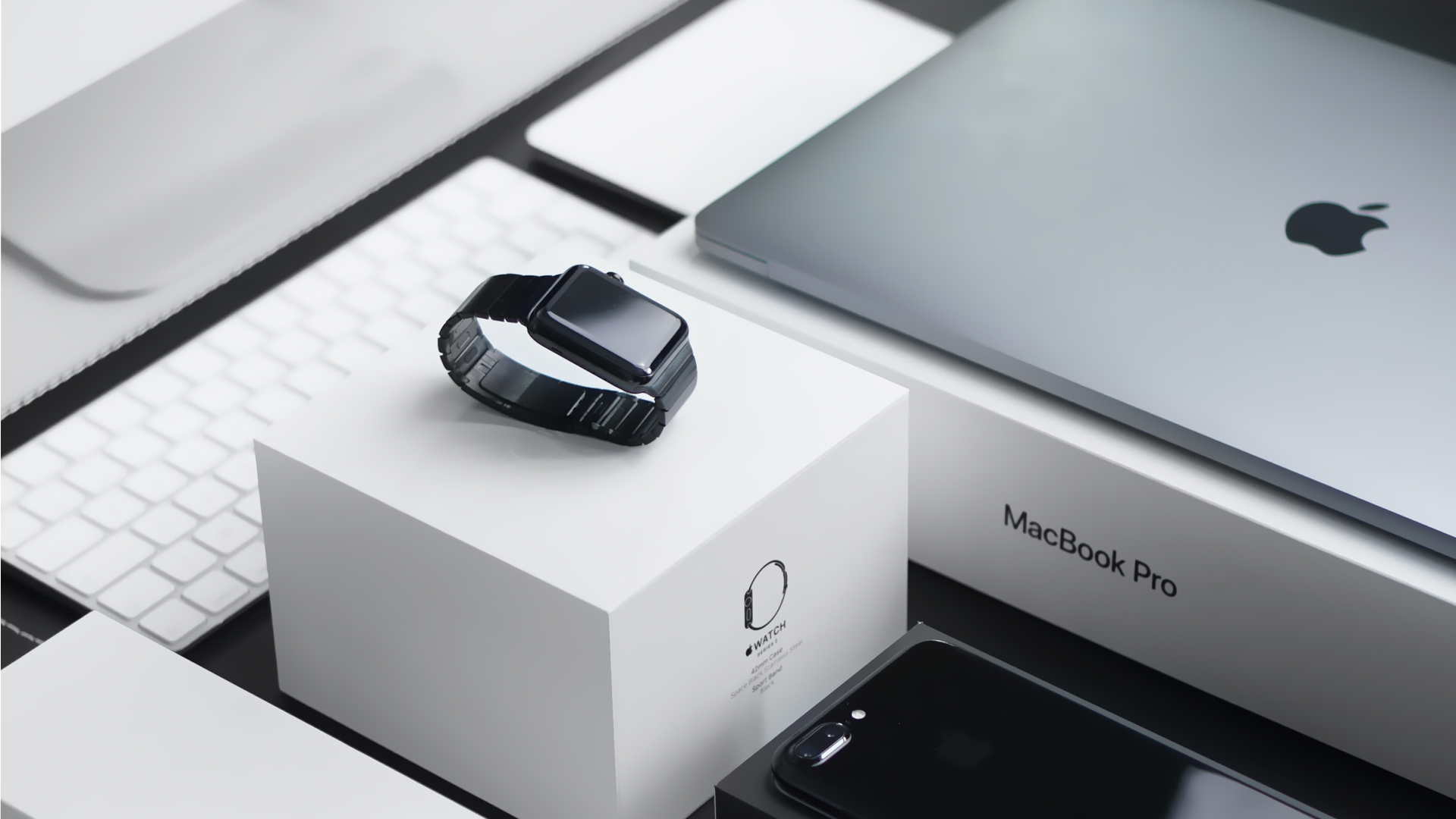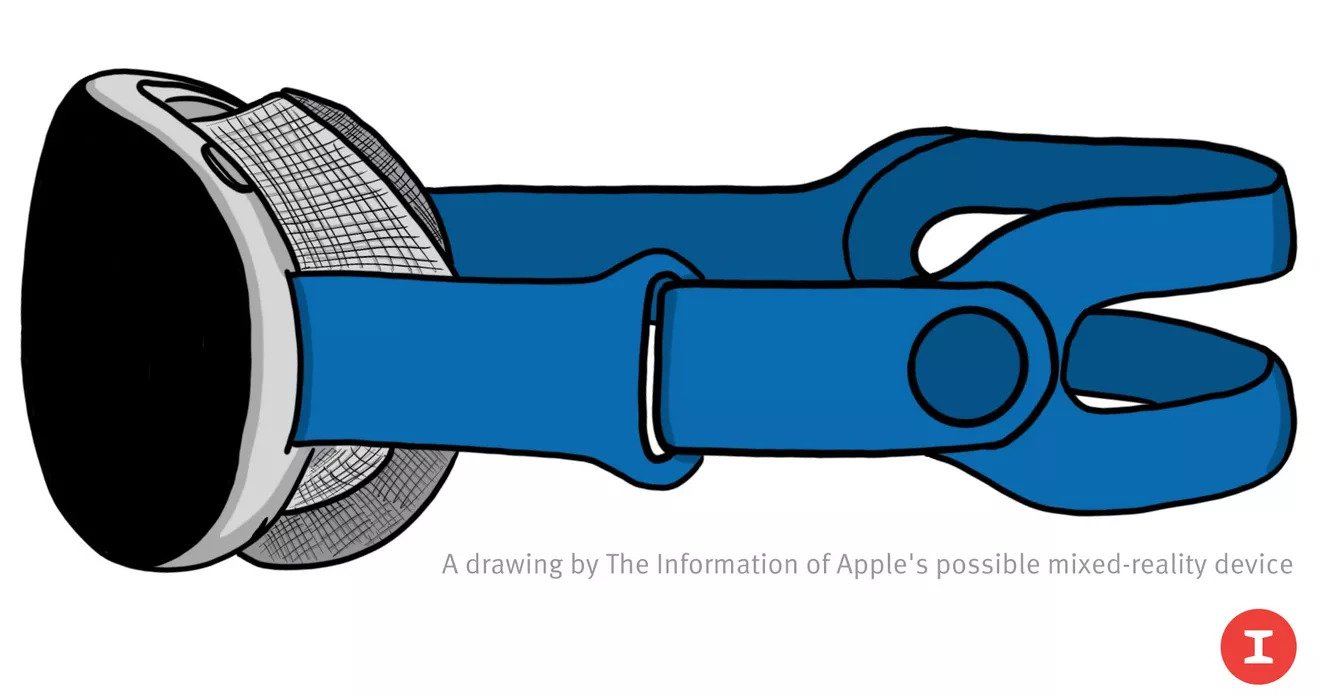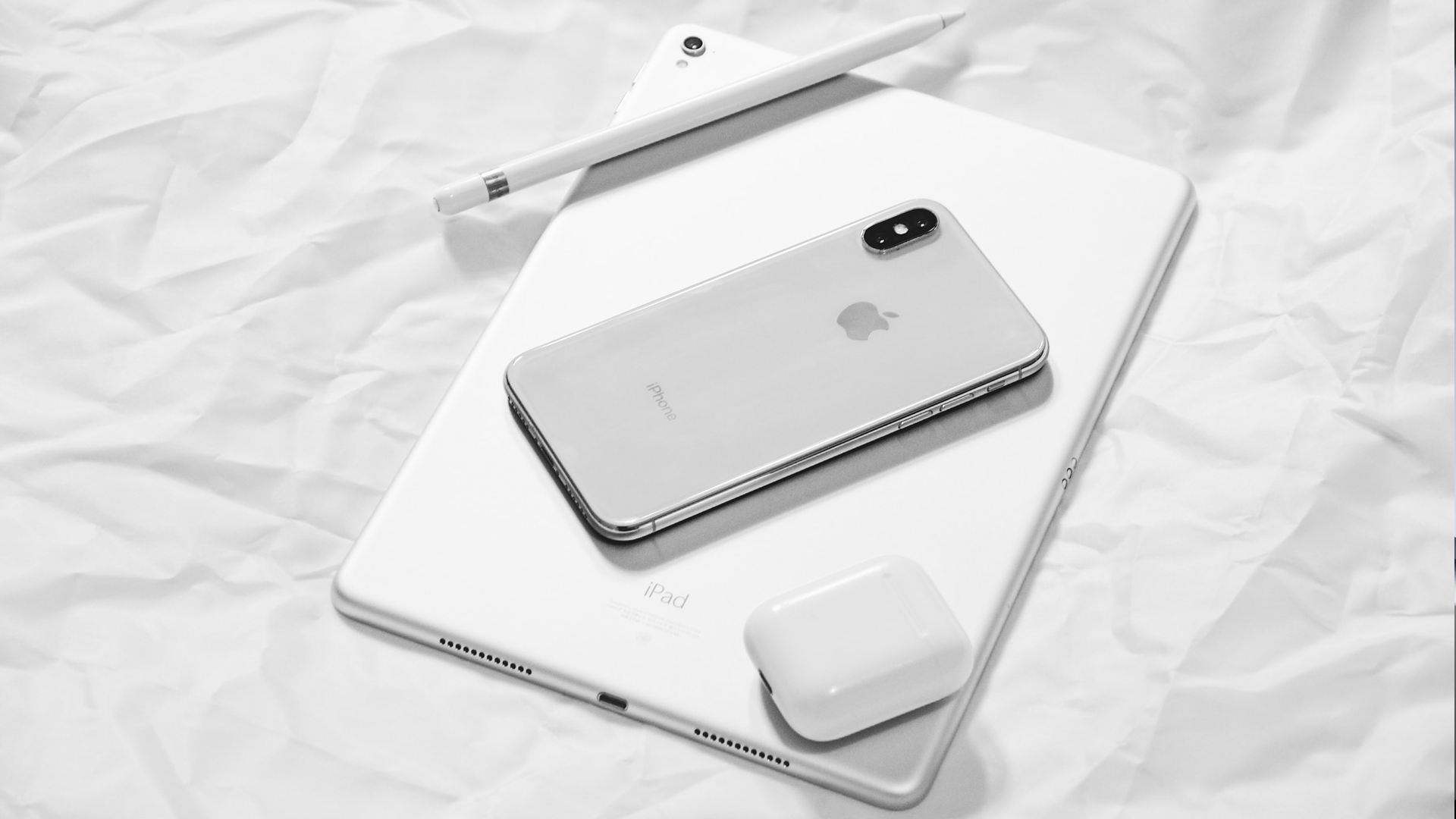Apple’s dedicated virtual reality device is all but confirmed at this point. Unlike the company's upcoming Apple Glasses, the Apple VR headset will focus less on augmented reality and is expected to arrive slightly sooner.
Codenamed N301, Apple's VR headset is likely to be a less-widespread product than its successor. Both products have allegedly been hit with multiple hurdles throughout their development, but the N301 will hopefully begin to recuperate costs while work on the AR glasses continues.
For now, here’s everything we know about the Apple VR headset as well as all the features we hope to see when it launches.
Update: Yet another source claims we'll see Apple's VR headset in 2022 - and that it will cost a lot.
Cut to the chase
- What is it? A dedicated VR headset from Apple
- When will it release? Expected 2022, maybe later
- How much is it? Estimated $3,000 / £2,200, AU$3,900

Apple VR headset release date and price
Apple’s first headset is rumored to be released in the first quarter of 2022, according to Bloomberg sources. These same sources also claimed the VR device has faced multiple development challenges so it’s possible this suspected date could be pushed back further if more issues arise.
Mark Gurman (a leaker with a good track record for Apple information) has also said to expect this headset in 2022, and says that it will be pricey.
Indeed, while a price hasn’t yet been confirmed, a report by The Information has the Apple VR headset priced at an eye-watering $3,000.
This estimate is somewhat corroborated by Bloomberg, who said in its writing that sources expected the VR headset to sell roughly one unit per store per day. These figures match up with the approximate sales of the $5,999 Mac Pro Desktop.
Apple VR headset rumors and leaks

Dual 8K Screens
One feature that seems almost certain given the plethora of leaks is the VR headset’s dual 8K displays. At 7680 x 4320 resolution, that’s four times as many pixels as a 4K screen and significantly more pixels than any other commercially available device.
To compare, the Valve Index VR headset uses two 1440 x 1600 pixel displays. Take this information with a pinch of salt as it's just based on leaked information, but a lot of the sources we've heard from suggest this is the case.
Eye-tracking software
For those who might be worried about the 8K screens eating up the battery life and requiring huge processors, Apple apparently has a plan based on rumors we've heard. Eye-tracking software with the headset is designed to follow where the user is looking and only have that portion of the screen at the full 8K resolution.
Other areas of the screen will allegedly become more blurred to save on processing power using a trick called foveated rendering.
LiDAR scanning
LiDAR scanning is a nifty new way for devices to detect the world around them, and we've seen Apple use it on products like its iPad Pro and the iPhone 12 Pro / iPhone 12 Pro Max.
In a system that is similar to radar, LiDAR (Light Detection and Ranging) uses lasers to determine the distance and depth of objects.
This tool is great for AR, allowing devices to more accurately map virtual constructs onto real-life objects, but could also be used with VR to map out a room and determine the safe space surrounding a user.
Wearable controller
One interesting feature that could be coming to the Apple VR headset is a wearable controller that can track finger movements. A new patent was filed for a "Self-Mixing Interferometry-Based Gesture Input System" that tracks a user's hand movements using rings attached to the thumb and index finger.
The patent goes onto say this tracking would "provide input to an AR, VR, or MR application.“ The talk of AR and MR could mean that this device is intended for Apple's AR headset as well. Potentially this controller would be an optional peripheral - like the Apple Pencil - that is released at a later date and can be used across Apple's different headsets.
A second patent suggests you might also get a haptic sock, but it's yet to be seen if this would work as a controller or will even get made at all.
What we want to see

Wireless headset
Previous rumors about the VR headset had suggested that it would be wireless, though these came just three years ago. The Information’s alleged design in the image above does maintain this look, but with many more months ahead before release, the design is still subject to change.
While wireless headsets like the Oculus Quest 2 might lose something in performance to the PC powered alternatives such as the Valve Index, the freedom of movement and improved immersion of a wireless device are a massive benefit if they can be included.
If Apple’s headset is sporting two 8K screens it may need quite a lot of power pumped into its shell, so our wireless dreams may not become reality.
As light as a feather
Apple’s VR headset will have some weight to it, but we’re hoping it isn’t too much of a strain on a user’s neck. Given how powerful the thing sounds, such as having those high-resolution screens, there’s reason to worry about the weight we’ll be carrying around on our heads.
We just hope that Apple’s design team devises a way to keep the VR headset light, or at least distribute the weight to make wearing it comfortable.
Haptic controllers
Haptic feedback has become increasingly prevalent and we hope Apple’s team takes note of the Valve Index and the PS5’s DualSense controller. While it is then on software designers to implement haptic feedback effectively, having the hardware there will allow them the option to create more lifelike experiences.
There are reports that Apple is considering using no controller at all, instead opting for hand tracking software, though we’re worried this may reduce immersion as it’ll feel like you’re grasping air.
- These are the best VR headsets you can buy right now
- Browse all the latest cheap VR headset deals available now
from TechRadar - All the latest technology news https://ift.tt/3tBBk3P


